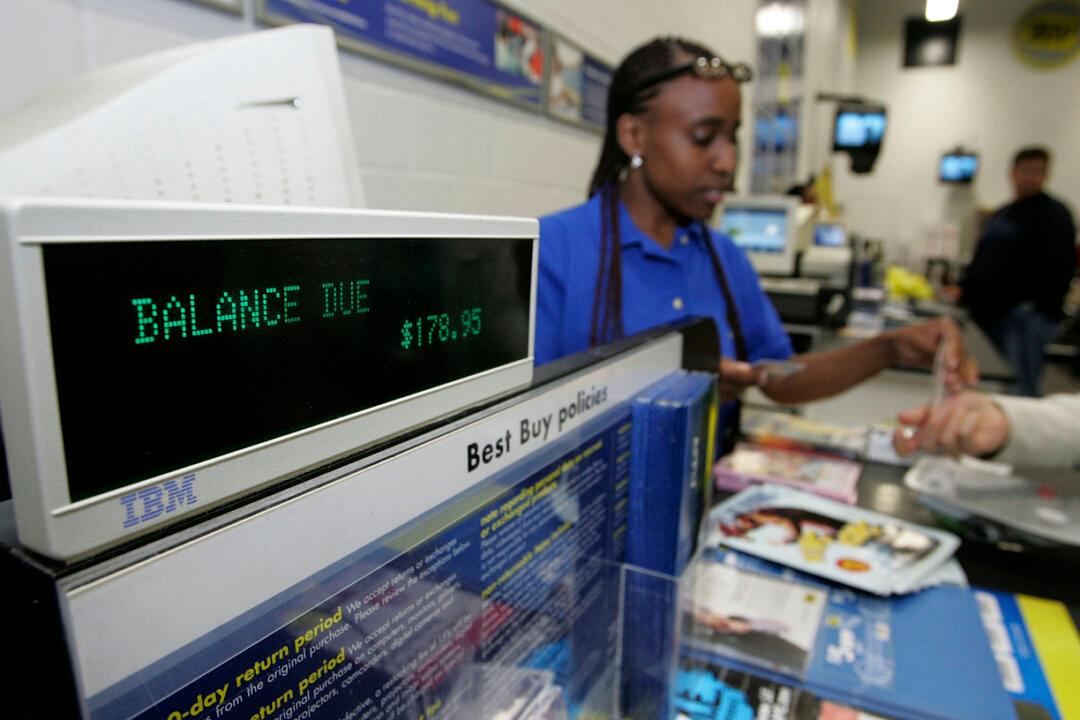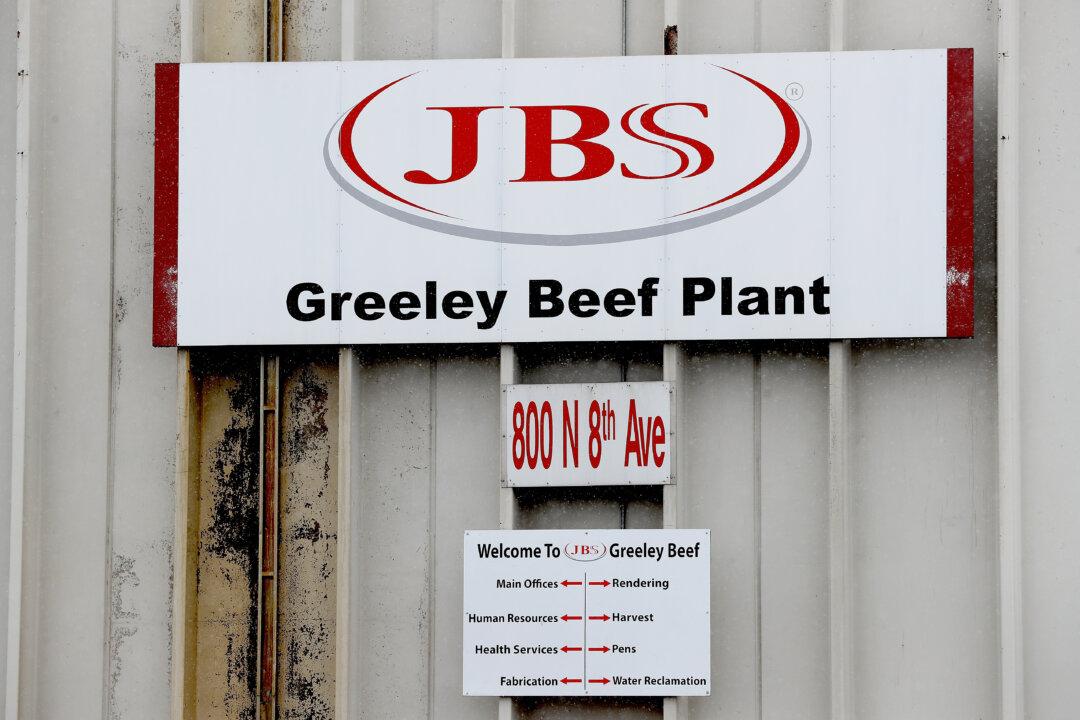The U.S. Mint has repeated pleas for Americans to help get coins back into circulation after the disruption caused by the CCP (Chinese Communist Party) virus. American businesses such as laundromats and vending machine operators are struggling with the shortage of coins in circulation due to reductions in brick-and-mortar retail transactions, increases in online shopping, and the increased use of contactless forms of payment.
The Mint has joined forces with the U.S. Treasury Department and Federal Reserve in its appeal to Americans to search their homes, vehicles, and workplaces for coins to ensure customers can pay the right price for goods and services, and that retailers have the coins to return the correct change.





